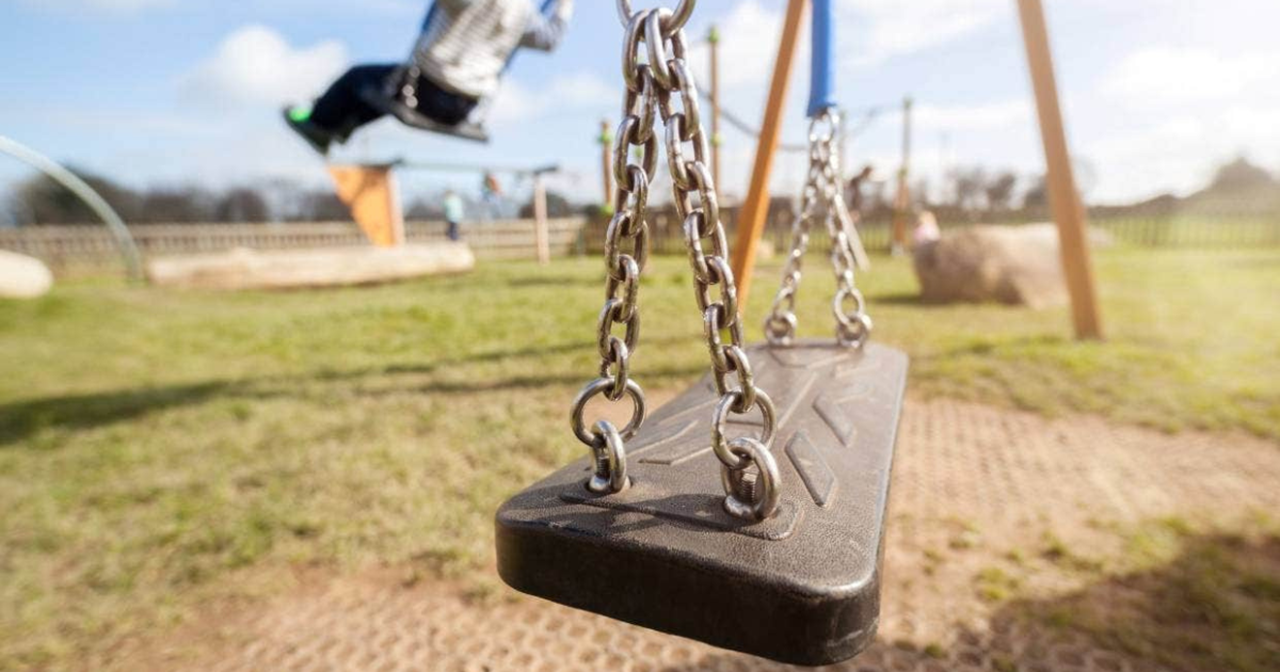
OPINION: At 9am on my first day as principal of a small primary school, I shut my office door and burst into tears. After just 30 minutes on the job, I'd been sworn at by a child, abused by a parent, and a teacher had threatened to walk out. It only got worse. I had kids breaking windows. There were four or five fist fights a day. The police were on call.
I've travelled the world. I have seen hard and I have done rough. But this was something else. It was not how a school should function. The behaviour issues meant there was no such thing as learning. For six weeks, I went home crying every night and said 'I'm not going back.' But I did. Because nothing has ever beaten me - and I was furious that this was happening to our children.
I wrote a list of every child in our school. We identified all of their needs. Seventy five per cent of our kids had high-level health, wellbeing, behaviour or academic issues. Very few of our kids were actually functioning as they should. It broke my heart every single day. So our staff meetings weren't about appraisals or the curriculum – they were about survival. How do we get to day two? How do we get to day three? We had to go back to basics before we could even start teaching.
I began to understand what was going on in the community. In one family, the kids' clothes were dirty because they had no power. In another, the fridge didn't work, there were rats in the walls, and the ceiling leaked. Their kids were constantly sick. It was clear the landlord didn't care: I suspected in his eyes they weren't "good enough" people to have the house repaired.
Some kids weren't at school because their parents had no money for petrol. The stress was immense, and there were a lot of mental health issues. Tough, then, to bring your child up with a lust for life.
When I realised that this was bigger than me, I reached out to everyone who could help. The kids lacked resilience. If someone said "boo" to them in the playground there was a fight, or someone was crying. So we ran programmes about friendship and anger management. The kids have learnt to brainstorm, and problem solve, and communicate. Now we don't have fights. It meant that in term two, we could start teaching the curriculum.
We realised the other big issue was hunger. When you get to the bottom of why a kid is acting up, it's often because they haven't eaten anything that day. Now, with KidsCan's help, I watch 15 to 20 kids sitting around the school's breakfast table every morning, chatting over a hot meal of baked beans. It's a really positive start to the day. They know there's no shame in needing food – if anyone is hungry they can go into the kitchen and help themselves to snacks too.
The change is huge. They have energy. In term one we struggled hugely with exercise. Everyone would opt out. Now, every morning we pump the sound system and everyone walks or runs laps of the field to ready us for learning. They go for it! We don't have a single kid that opts out of exercise now, because they've got food in their bellies, and that makes them feel happier and more secure.
The day we handed out KidsCan's jackets and shoes was incredible – the kids couldn't believe that someone would give them something. I've never seen them that excited. They said, "oh Miss, this is the coolest thing I own." They literally walked higher and taller and prouder. The parents were gobsmacked; many said they just couldn't have afforded them. And because they have that extra money, it seems the families' out-of-school lives are better too.
In term one we were too terrified to take the kids out of school. But in term three I took them out to the zoo. We all wore our jackets and I said to them, "we're a team, we're a unit". I could not have been more proud. It was an amazing day with not a single behaviour issue. I hardly see students in my office in trouble anymore. I see them for stickers, and pencils for good writing, and for a hug if they need it.
But caring for these kids does take its toll. Our teachers are doctors, psychologists, counsellors, behavioural therapists, and, for a small part of their day, educators. My biggest fear for our kids is that their needs are far greater than the Government recognises. They don't understand what's really happening in our schools. They've just been setting standards for kids, and comparing them as if they all arrive at school on an equal footing. They don't.
These are beautiful kids. They just need to know we believe in them. Sometimes I'll purposefully leave my class and put a child in charge. Once, one boy said "Miss, he's the worst person to put in charge!"
I said, "No he's not, I've picked him, and he's going to do it, just you watch." I came back in and everything was perfect.
We built that child up. He sat there with a full tummy, feeling warm, with us supporting him – all those things together create success. Many of the kids recognise they don't have as much money as others, so they think they're not as good as them. I want them to throw all that away and know they can be anything they want to be.
All Kiwi kids deserve food and clothing, will you join us?
Donate to KidsCan today.